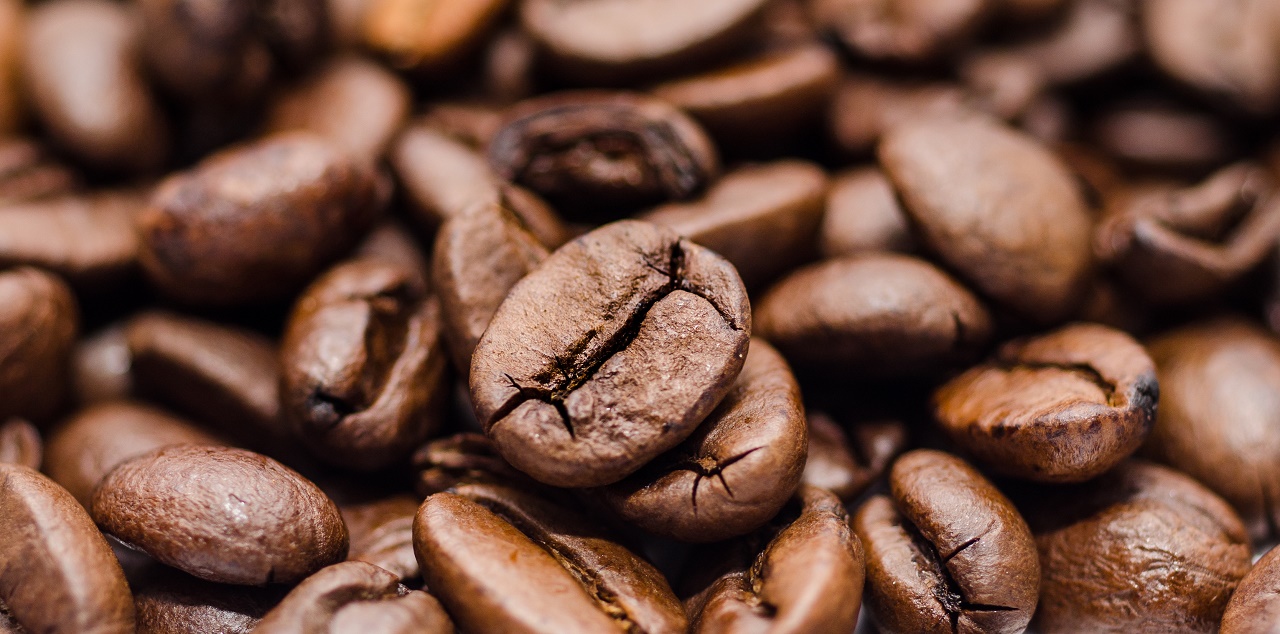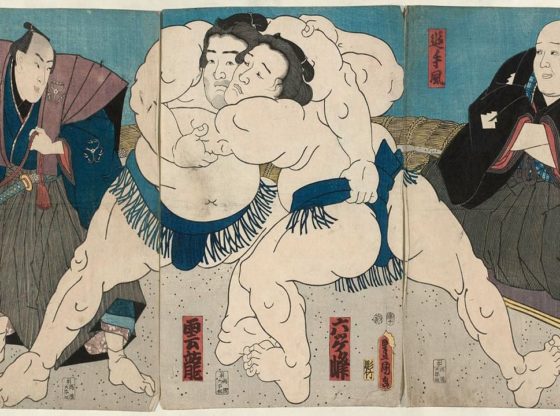
A new meta-analysis brings a little more clarity on the impact of caffeine on performance.
Maximum Endurance and Strength?
Caffeine is really one of those supplements that actually works. It is often utilized by athletes to improve performance in more endurance-oriented sports like running and cycling.
In recent years, however, more evidence have been presented indicating that caffeine could also have positive effects in other sports as well. Many amateur weight lifters use pre-workout (PWO) supplements that contain caffeine, drink coffee, or energy drinks.
You certainly feel more fit for fight and more alert when consuming caffeine but if that “feeling” does in turn actually an equal improvement in performance has been more questionable.
Several scientific studies have shown positive effects, but many of these have failed to demonstrate any significant effect.
The Evidence
However, a meta-analysis that looked at the effect of caffeine on performance in the gym was published recently. Meta-analysis studies sum up the results from previous studies into a single result and they often provide a good overview of the research area. And can be thought of as “conducting research about previous research.”.
This particular meta-study examined how caffeine affected endurance power and maximum strength. The researchers included 17 studies which met the inclusion criteria, 42 trials related to muscular endurance and 5 trials related to muscular strength,
Endurance power was defined as being able to perform as man repetitions as possible with a given weight. Maximum strength was defined as the maximum weight for one repetition – determined resistance (so-called isotonic strength). Isotonic strength is a predetermined resistance that does not change during the movement, for example lifting a dumbbell and not some elastic or machine with changing lever during movement.
Study Results: Caffeine Improved Muscular Endurance
It is pretty clear that caffeine does improve power endurance. The study results indicate no difference between the type of muscle, nor the dosage of caffeine. The effect was significant only for 60 minutes following the caffeine consumption.
No significant effects were identified for gender, muscle location, muscle size, dosage of caffeine or form or timing of pre-exercise caffeine consumption on performance at maximum strength. For muscular endurance, all moderators were related to improve performance after caffeine intake (P < 0.01). The between groups analysis showed no differences with regard to the effect sizes in the comparisons for muscle location (P = 0.09); muscle size (P = 0.12); caffeine dosage (P = 0.08); and form of intake (P = 0.24). Effect size related to time of consumption pre-exercise was significant only for 60 min, with significant differences vs. 45 min and 90 min (P = 0.04). Comparisons between gender groups were not possible, since only one trial investigated females.
60 Minutes and Dosage
It is interesting to note the fact that caffeine had a significant effect only when taken 60 minutes prior to the test and not as in some studies 45 minutes, or 90 minutes before. The number of studies that tested 45 minutes and 90 minutes were, however, fewer than the number who used the 60 minutes.
But caffeine does take some time to be fully absorbed in the body enter the blood stream. And when the body begins to break down the caffeine molecules, the highest levels are usually reached in about 60 minutes.
There was no effect difference of different doses of caffeine. In almost all of the studies, a hefty dose of about 4-6 mg per kilogram of body weight was used. This can be compared to a cup of coffee that contains about 100 mg of caffeine and energy drinks usually containing between 90-180 mg of caffeine.
Study Results: Maximum Strength
This meta-analysis shows no indication of improvement on maximum strength. The conclusion is that caffeine was not better than placebo in increasing maximum strength.
But it should be noted that there is a previous meta-analysis (Warren G et al) on this very same topic published in 2010 which conclude that caffeine could have a small effect on maximum strength. There is a major difference in research methods between this new study and the study from 2010 though. The older study included several different types of test for maximum power and not only isotonic strength. The older study also measured maximum strength in the form of maximum muscle activation and not the resulting ability to actually move something.
A major drawback of the newer study, however, is that only five studies were included and four of these did indicate a small but positive effect from caffeine on maximum strength, but one study indicated a minimal effect, the resulting combined statistical evidence is, therefore, negative. For this particular study which showed a negligible effect of caffeine, the dosage was smaller that the others (3.5 mg/kg) and the test were done 47 minutes after the intake.
So the final verdict is still not in but future research will most certainly find an answer.
Summation
Caffeine does appear to improve endurance performance and fatigue-related performance.
The effect on maximum power it, however, more doubtful. There is possibly a small improvement, but the jury is out, for future research to examine and confirm.
But before you go and consume loads of coffee, the usual warning regarding caffeine should be added. The effect of caffeine decreases if you utilize it frequently and caffeine can have negative effects on your sleep. So do not overdo it.
_____________
Acute effect of caffeine consumption on isotonic muscular strength and endurance: A systematic review and meta-analysis
Effect of caffeine ingestion on muscular strength and endurance: a meta-analysis.
__________________________











![OpenAI. (2025). ChatGPT [Large language model]. https://chatgpt.com](https://www.illustratedcuriosity.com/files/media/55136/b1b0b614-5b72-486c-901d-ff244549d67a-350x260.webp)
![OpenAI. (2025). ChatGPT [Large language model]. https://chatgpt.com](https://www.illustratedcuriosity.com/files/media/55124/79bc18fa-f616-4951-856f-cc724ad5d497-350x260.webp)
![OpenAI. (2025). ChatGPT [Large language model]. https://chatgpt.com](https://www.illustratedcuriosity.com/files/media/55099/2638a982-b4de-4913-8a1c-1479df352bf3-350x260.webp)








